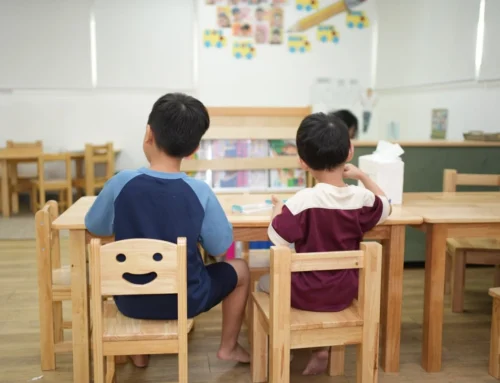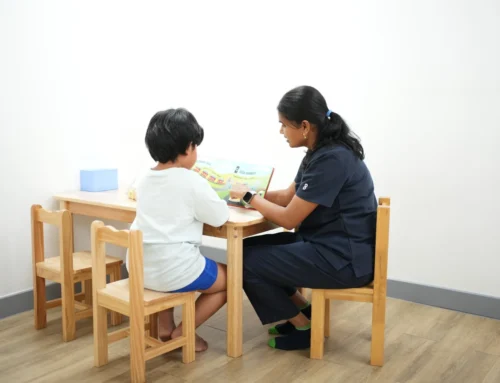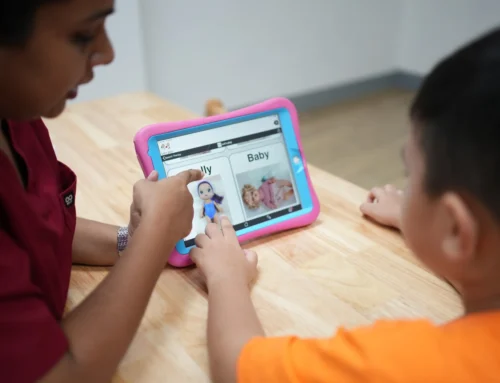Speech therapy plays a vital role in helping children and adults communicate effectively. However, in a diverse country like Cambodia, understanding cultural values, language norms, and social expectations is crucial to providing effective care. Culturally sensitive speech therapy in Cambodia ensures that interventions are not only evidence-based but also respectful of Khmer traditions, family structures, and communication styles. At OrbRom Center in Phnom Penh, therapists emphasize the importance of cultural awareness in every session, helping clients feel understood, supported, and empowered.
Understanding the Cambodian Context
In Cambodia, communication patterns are deeply influenced by Khmer language, community values, and social hierarchy. Respectful silence, indirect communication, and deference to elders are part of everyday interaction. For many families, especially those in rural areas, speech and developmental delays are not always recognized as conditions needing professional intervention. Some may attribute communication challenges to spiritual causes or believe that children will “grow out of it.”
Without culturally informed approaches, therapy sessions may unintentionally conflict with family beliefs or teaching styles. For instance, a Western-style direct approach may feel uncomfortable for parents used to more reserved interactions. This is why culturally sensitive speech therapy focuses on adapting methods that align with Khmer communication norms, making therapy more relatable and effective.
Why Cultural Sensitivity Matters in Speech Therapy
Cultural sensitivity ensures that therapy is meaningful, respectful, and inclusive. It acknowledges that communication is more than just words — it reflects one’s culture, identity, and values. When therapists in Cambodia understand local customs and beliefs, they can better connect with clients and build trust.
For example, Cambodian families may prioritize group harmony over individual expression. A child who doesn’t speak up in class may be seen as polite rather than delayed. A culturally informed therapist will recognize this distinction and design activities that encourage communication without violating cultural expectations.
At OrbRom Center, speech therapists adapt materials and strategies to reflect local realities — using familiar Khmer objects, folktales, and daily routines to make learning meaningful. This approach helps children relate to therapy and encourages parents to participate actively.
Bridging Language and Culture in Therapy
One major challenge in Cambodia is the limited number of Khmer-speaking speech-language pathologists. Many therapy materials are developed in English and may not align with the Khmer linguistic structure, which differs significantly in pronunciation, tone, and syntax. This gap can make diagnosis and intervention difficult if therapists are not culturally or linguistically aware.
A culturally sensitive therapist will:
-
Use Khmer-based assessment tools where possible or adapt international tools appropriately.
-
Respect bilingual and multilingual environments, especially in international schools.
-
Communicate with parents in simple, culturally appropriate language.
-
Encourage family participation by integrating therapy into everyday routines.
By working collaboratively with schools and families, therapists create an inclusive environment that supports communication growth in both Khmer and English. OrbRom Center’s team provides bilingual speech therapy services in Phnom Penh, ensuring that language learning aligns with each child’s background and home environment.
Building Cultural Awareness Among Therapists
For Cambodia’s growing network of therapists and educators, ongoing training in cultural competence is essential. It helps professionals avoid misunderstandings, foster empathy, and provide equitable care. Cultural awareness training includes learning about:
-
Traditional beliefs around child development and disability
-
Family expectations and caregiving roles
-
How socioeconomic factors affect access to therapy
-
Respectful communication across age and gender lines
Speech therapy training and development programs at OrbRom Center emphasize these values, ensuring that therapists understand not just how to teach, but how to connect meaningfully within the Cambodian context.
How OrbRom Center Promotes Cultural Sensitivity
At OrbRom Center in Phnom Penh, culturally responsive care is at the heart of every session. Therapists are trained to:
-
Incorporate local stories, music, and games into therapy activities.
-
Communicate with families in ways that respect their values and comfort levels.
-
Partner with schools to promote inclusive education and cultural understanding.
-
Adapt therapy goals to reflect both linguistic and social norms.
OrbRom also provides assessments and special needs interventions designed to consider each child’s background, ensuring that cultural identity is preserved while developmental needs are supported.
Conclusion
Culturally sensitive speech therapy in Cambodia is not just about language — it’s about respect, understanding, and connection. By recognizing Cambodia’s rich cultural identity and adapting therapy approaches accordingly, professionals can create a supportive environment where every child can thrive. At OrbRom Center, this philosophy guides every session, empowering families and children to find their voice in a way that honors who they are and where they come from.
For families seeking trusted, culturally aware speech therapy in Phnom Penh, visit OrbRom Center to learn how our team can support your child’s communication journey.
We are the only Preschool specialized on children with special needs in PhnomPenh.
- Internationally qualified teachers
- Cambodia’s largest sensory room
- Outdoor swimming pool
- Covered outdoor playground
📞 Phone: 077.455.993
Telegram Link: https://t.me/OrbRom





